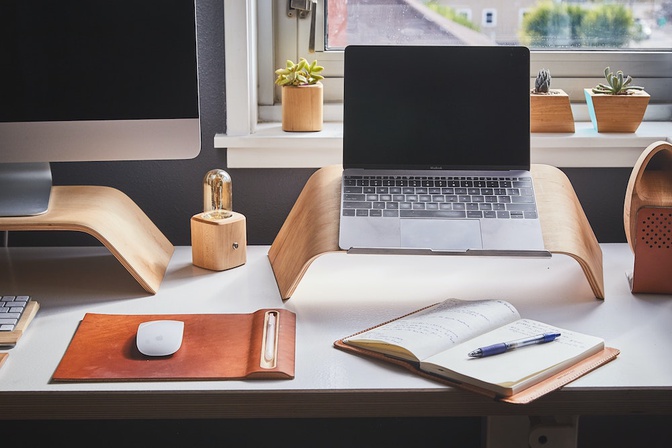Research shows that Australians working from home are struggling with work-life balance.

An increasing number of Australians have been working from home in the fallout from Covid-19. Remote work has never been the norm in Australia, but from a health perspective, it’s been a necessary change for many businesses.
Almost everyone in Australia has made changes to the way they socialise and travel, but cultural shifts in the workforce have been some of most difficult to deal with – and brought on some of the most surprising consequences.
More than two thirds of Australians have had their employment impacted by the coronavirus pandemic, with many offices around the country shifting to a work from home model. White collar workplaces have a long-standing belief that employees get more done if they’re in the office. And that if you’re feeling a little unwell, you’re still able to soldier on, as Codral puts it.
Both of these ideas are being challenged. Government health advice is to stay home if you feel sick at all (and to get tested for Covid-19), and to let go of the notion that it’s still acceptable to go out when you’re feeling a little unwell. Contrary to the belief that employees slack off while working from home, research from market research company Roy Morgan shows that Australians working from home are finding it difficult to switch off, and are actually doing more work than ever.
The results showed that 52 per cent of respondents who do paid work from home, and 55 per cent who do unpaid work from home (that is, people who are employed but do work outside of their paid hours), said they found it difficult to switch off at the end of the day.
Roy Morgan CEO Michele Levine said the study suggests that working from home hasn’t been as relaxing as many Australians may have predicted, and that getting back to the office may help people find a healthy work-life balance again.
“These figures show that millions of Australians who have been forced to work from home over the last few months as Australia deals with the COVID-19 pandemic are likely keenly awaiting the lifting of the harshest restrictions which will allow a return to a more normal work-life balance.
It’s an idea Frank Guzman understands well. Guzman is a general manager at Academy Xi, a higher education organisation that specialises in digital design, marketing and product management courses. Academy Xi shifted all its courses to online lessons to help slow the spread of Covid-19 and Guzman says he’s been busier than ever at home.
“We’ve always had the flexibility to work from home, but now that it’s mandatory, I find I’m working more than what I would in the office,” he says. “I’m starting early, finishing late and replying to messages at all hours because there’s less of that disconnect.”
Guzman says the line between work and private life is blurring, particularly because it’s no longer necessary to wait until the next business day to complete a quick task. If he gets an email that needs a quick fix outside of work hours, he finds it easier to address it immediately.
“I’m adapting to working from home, managing a team remotely, managing students remotely and trying to keep running the business as usual when things aren’t really business as usual,” he says. “Often that means replying to emails or jumping on the laptop at unusual hours to get things done.”
Productivity at home has been high in New Zealand too. New working arrangements that have come about as the result of the coronavirus pandemic have demonstrated that employees can still get work done, even with time and location constraints. New Zealand Prime Minister Jacinda Ardern said in a Facebook live video that the government could consider a four-day working week in the future.
Implementing a three-day weekend could be a great way to encourage domestic tourism and help people achieve greater work-life balance, though it’s yet to be seriously discussed in Australia.



